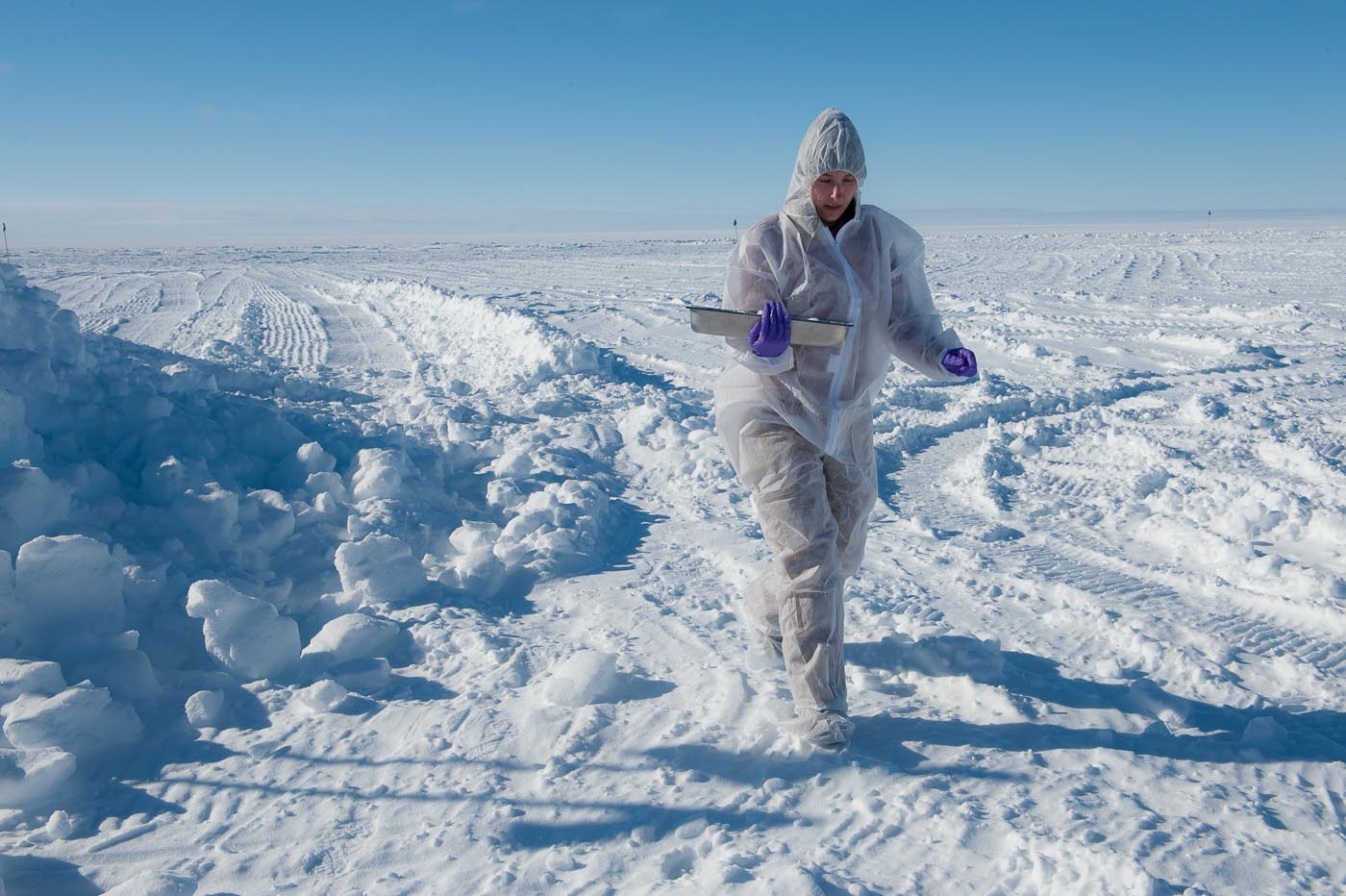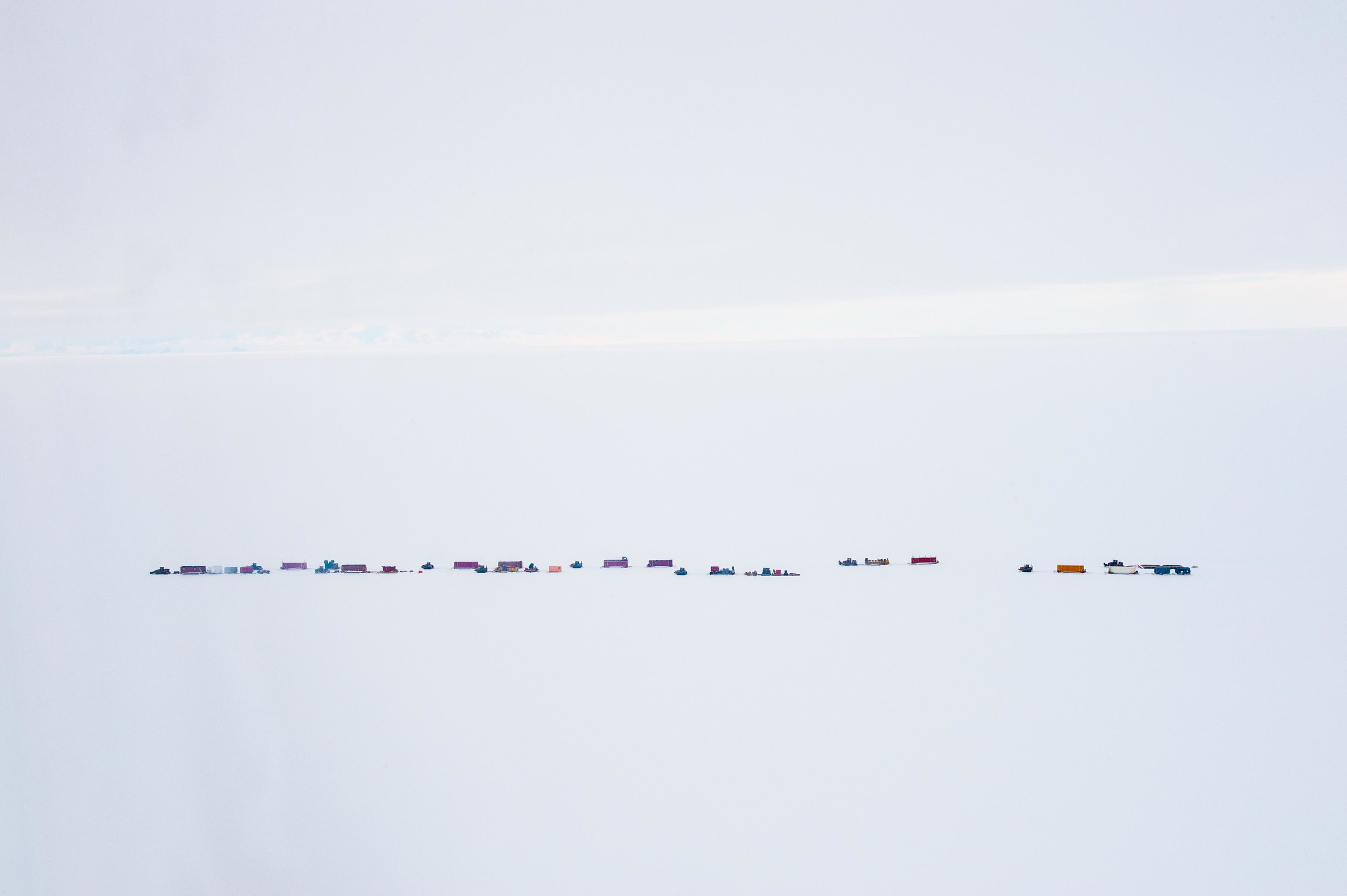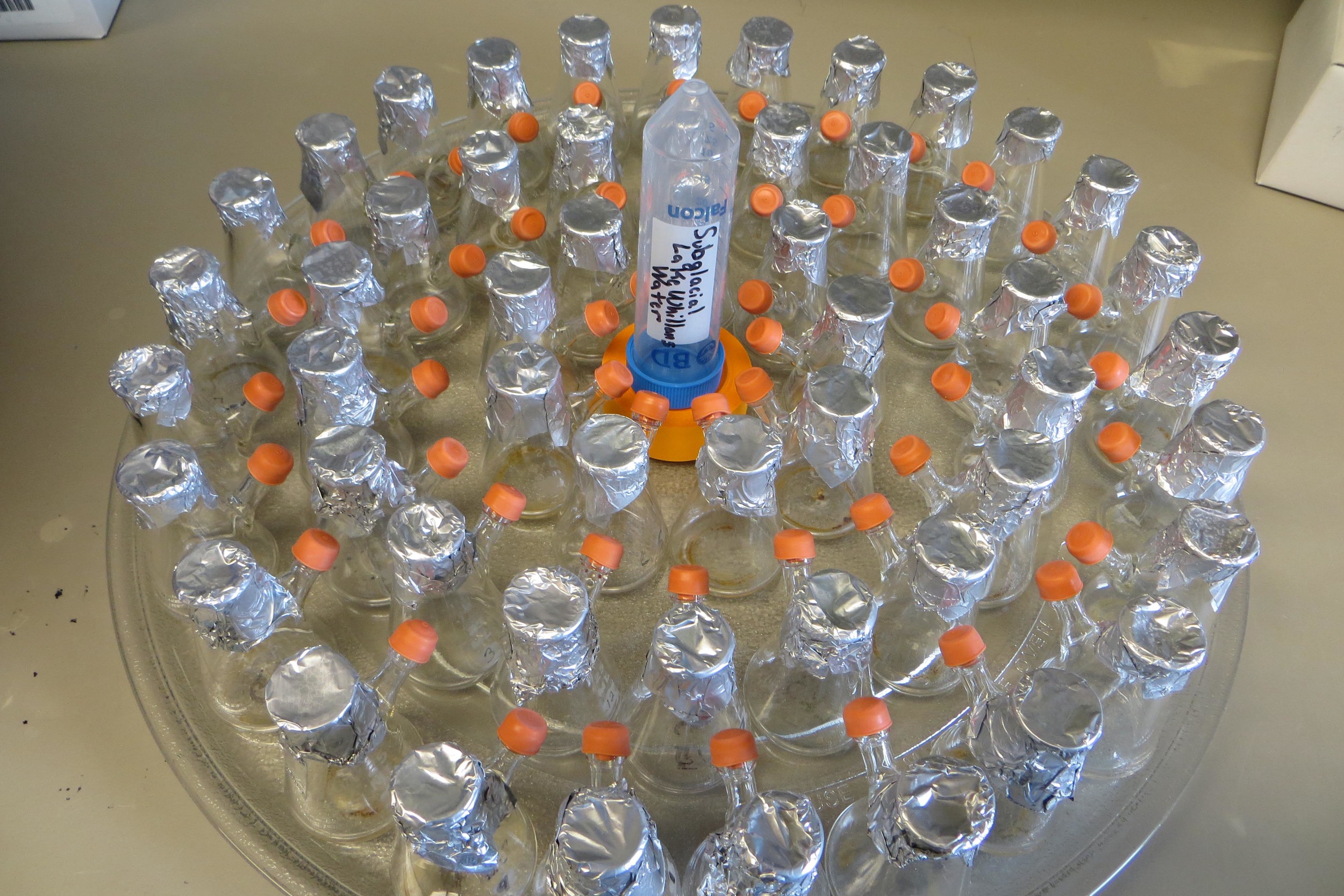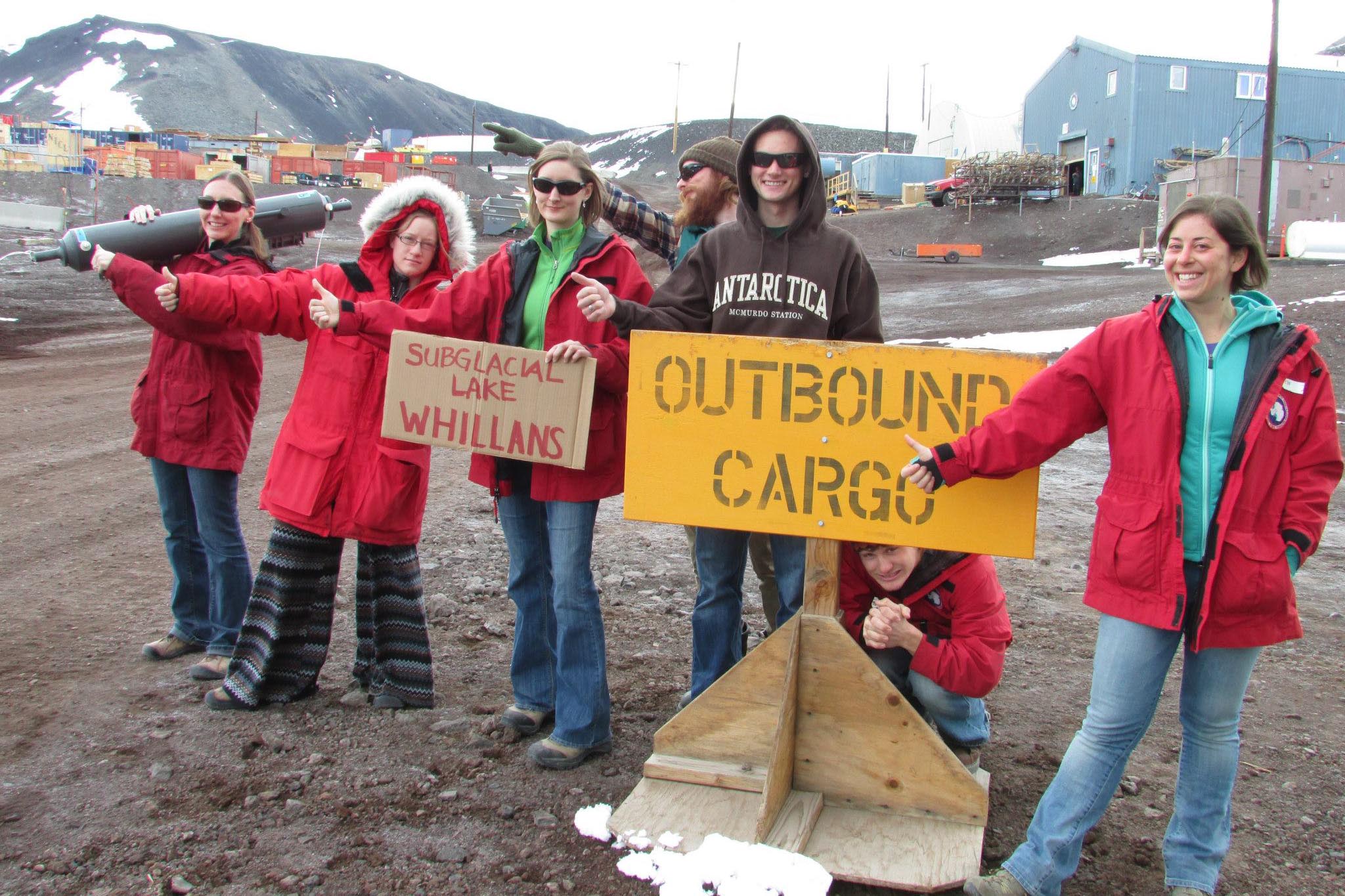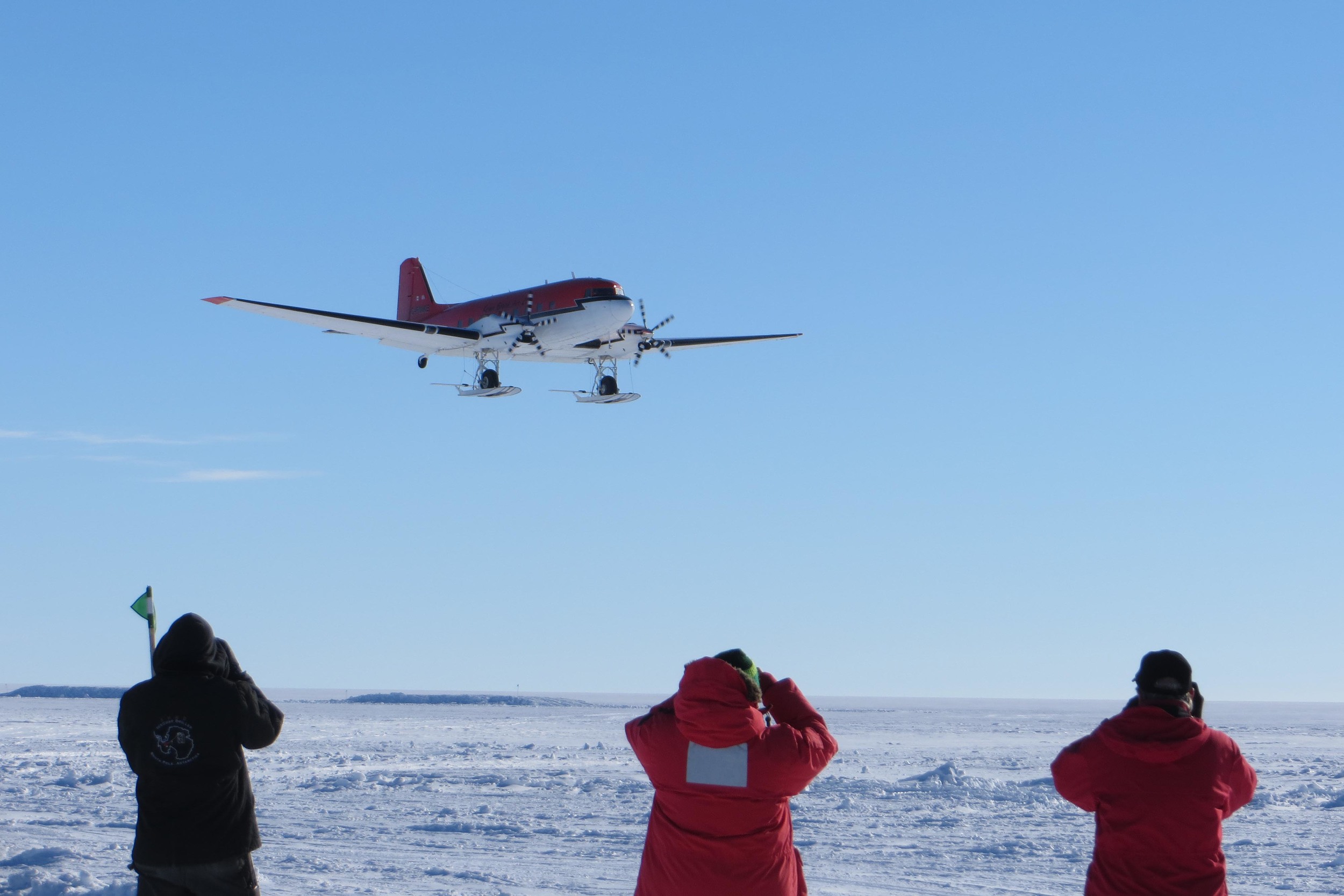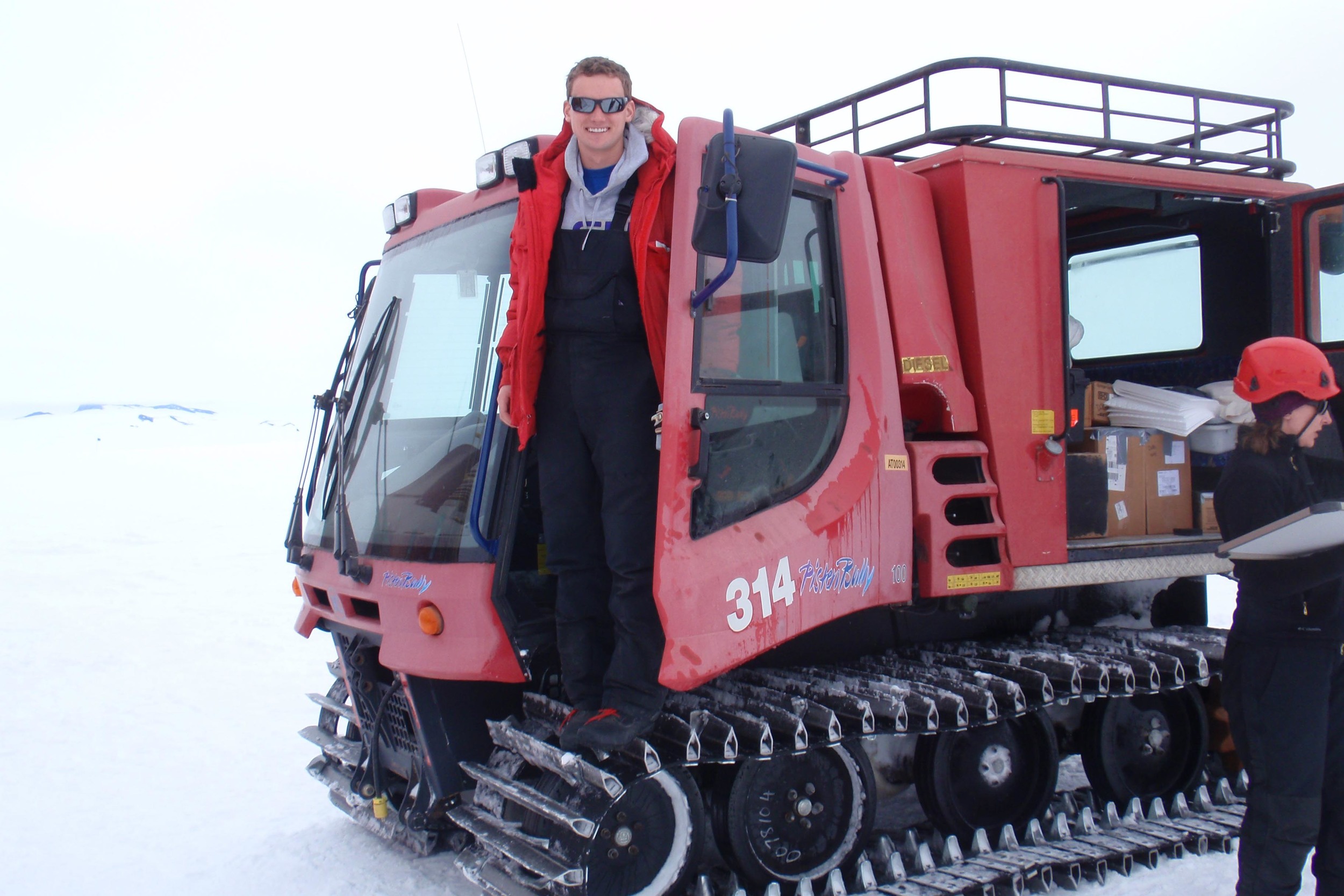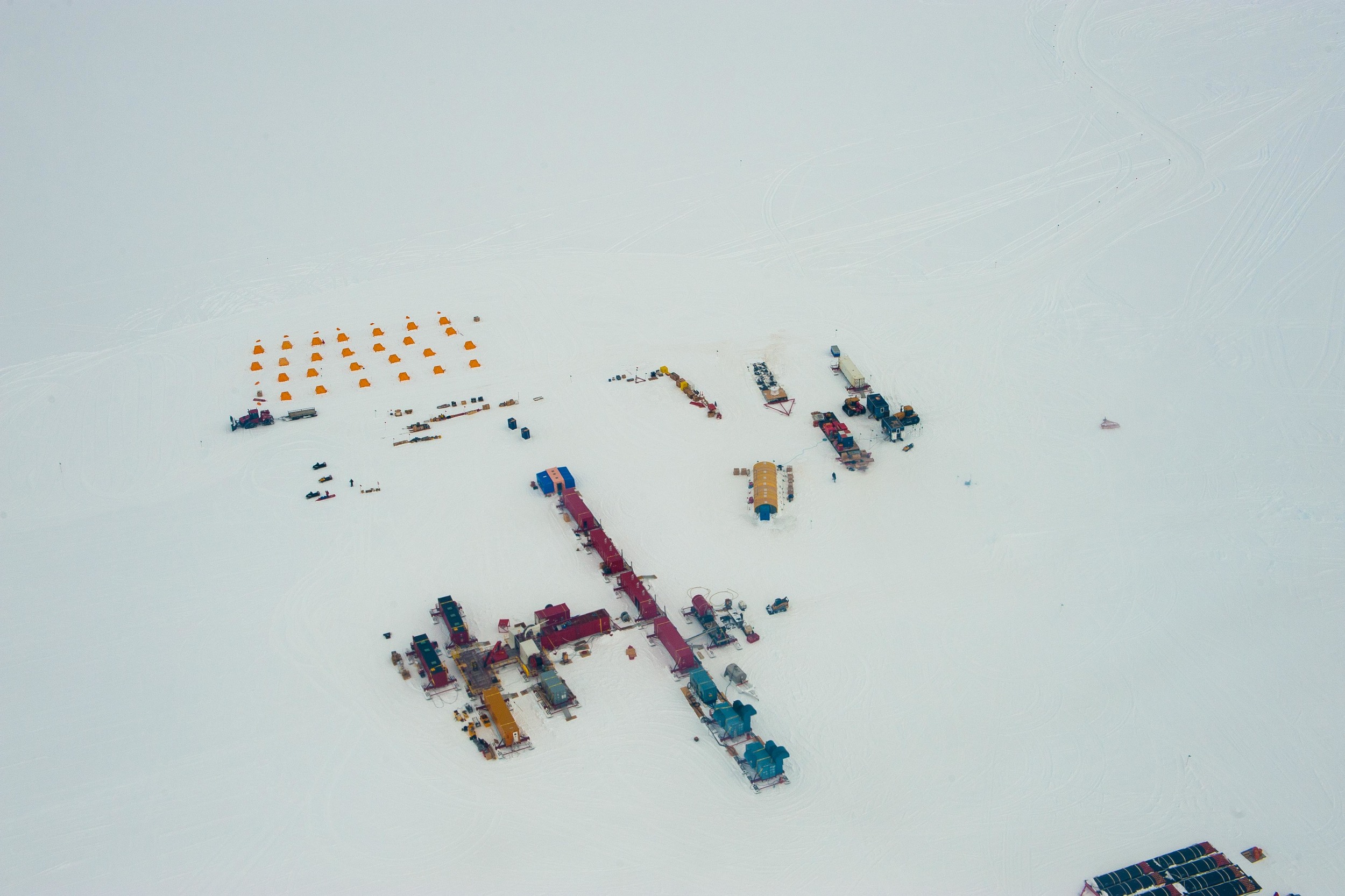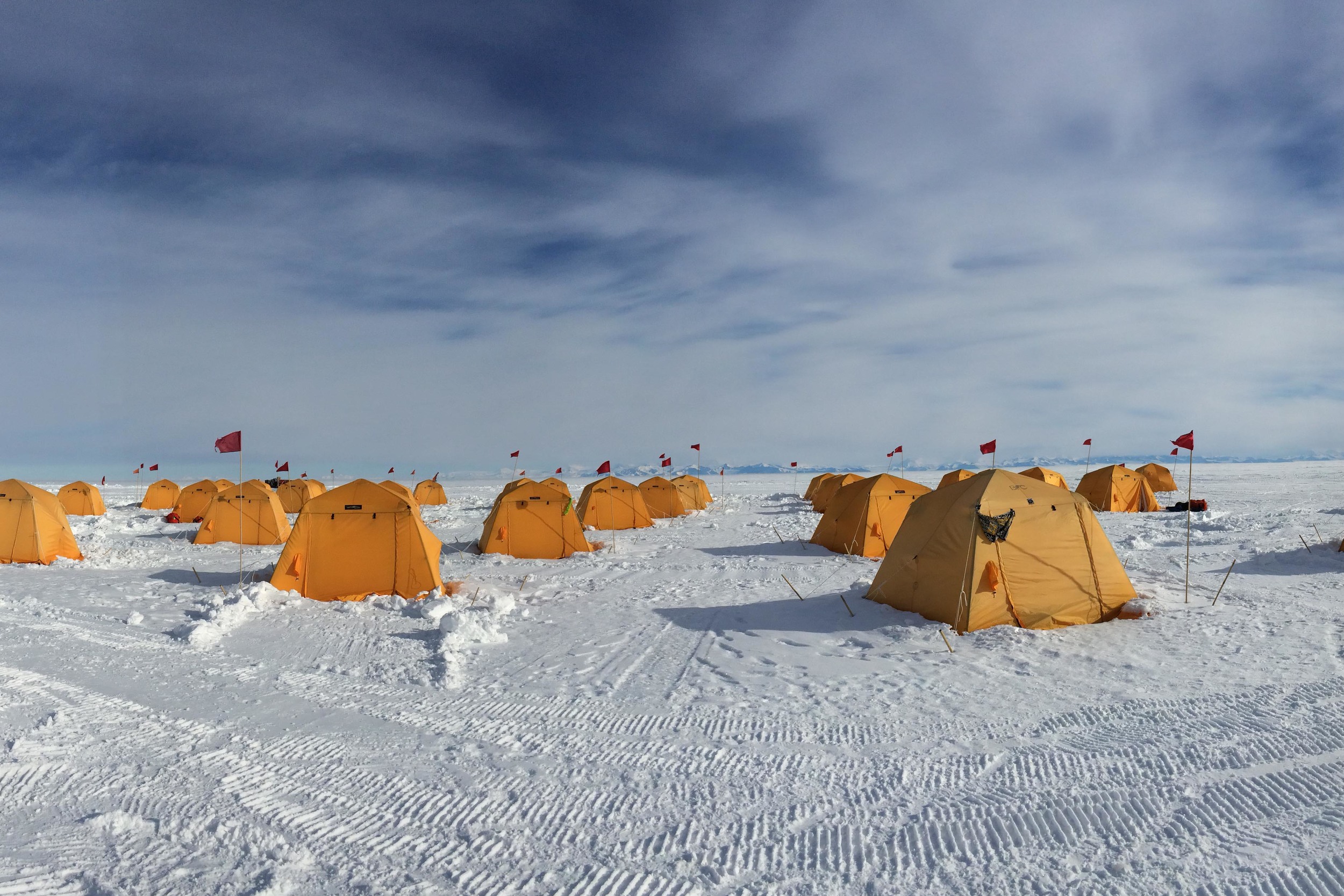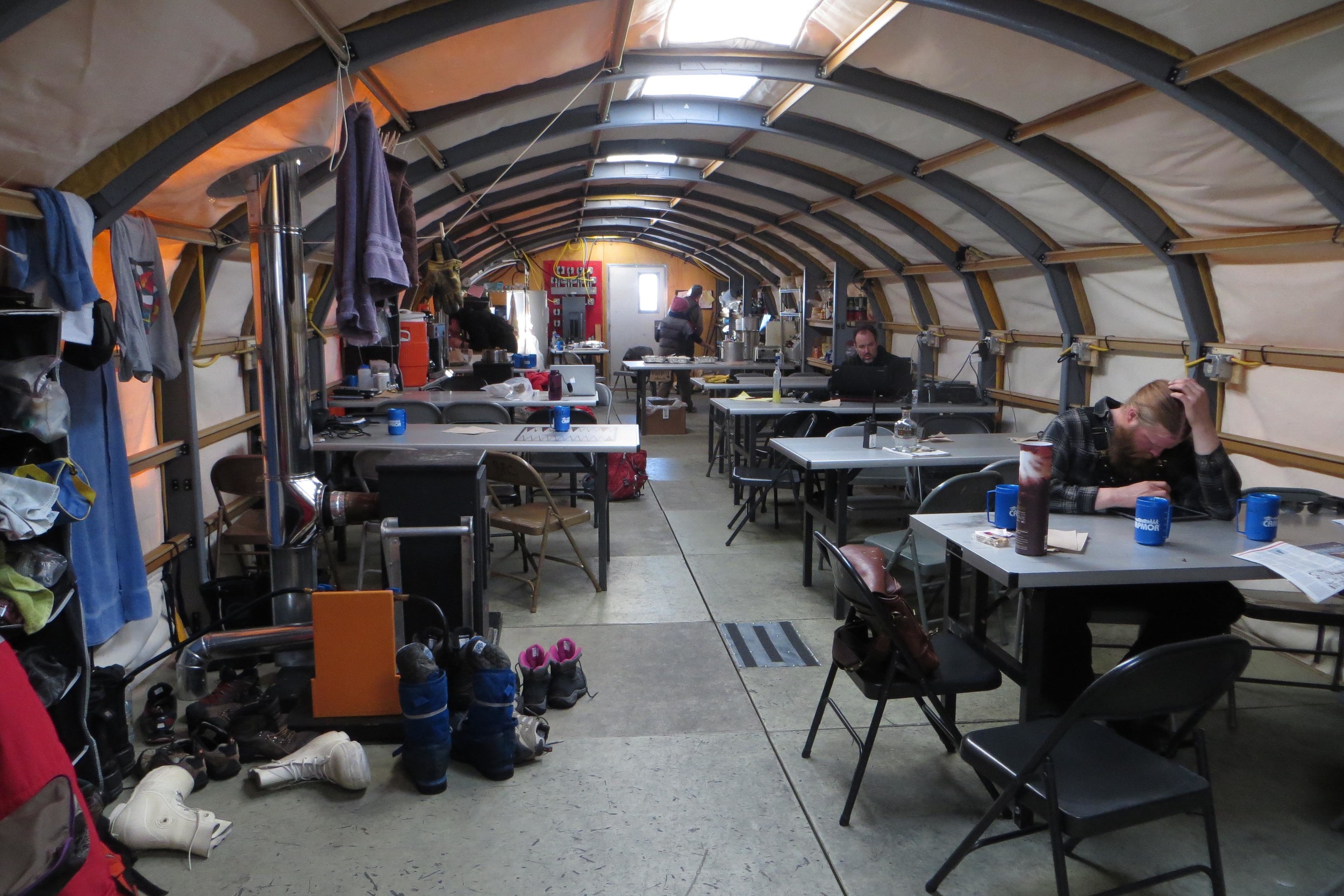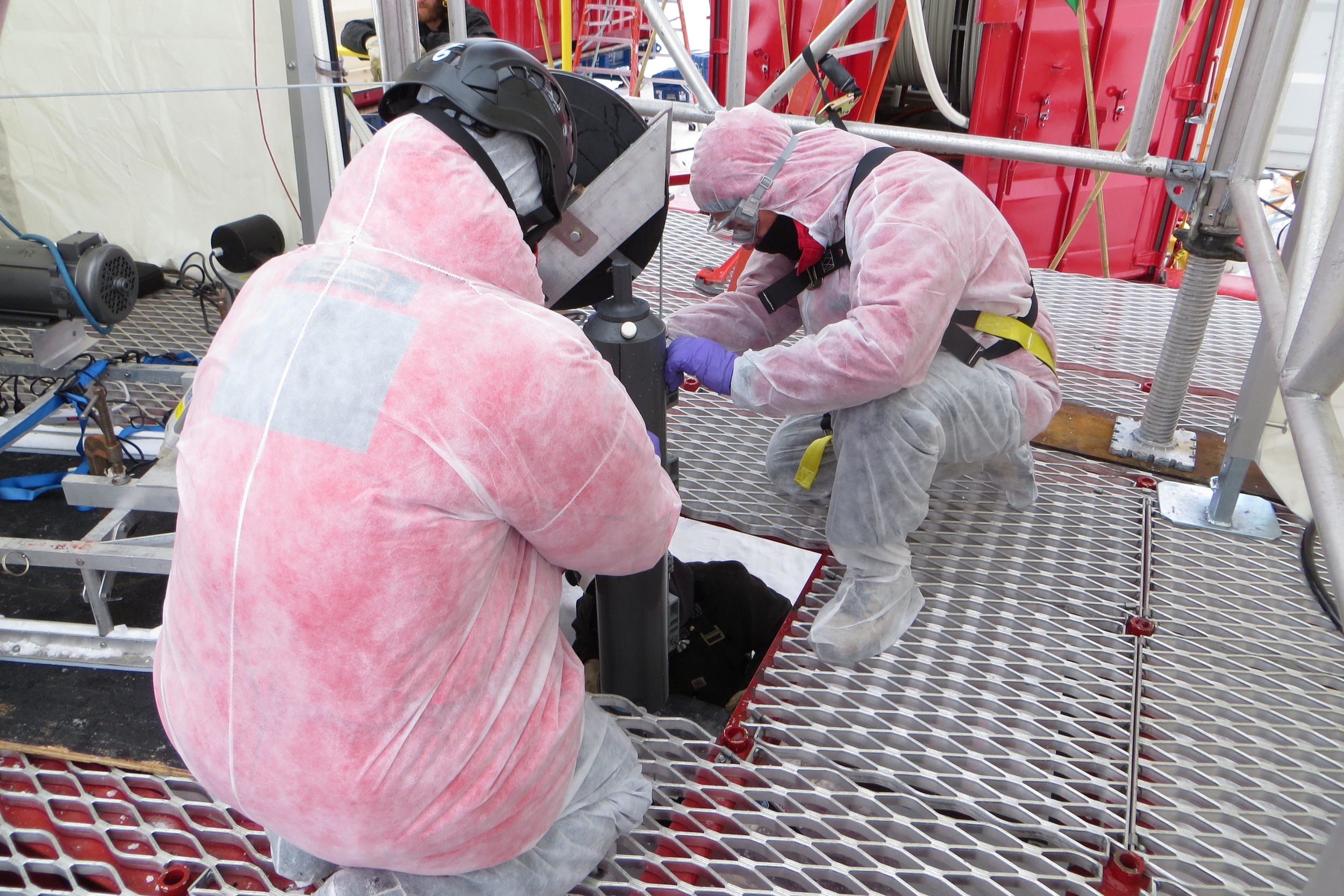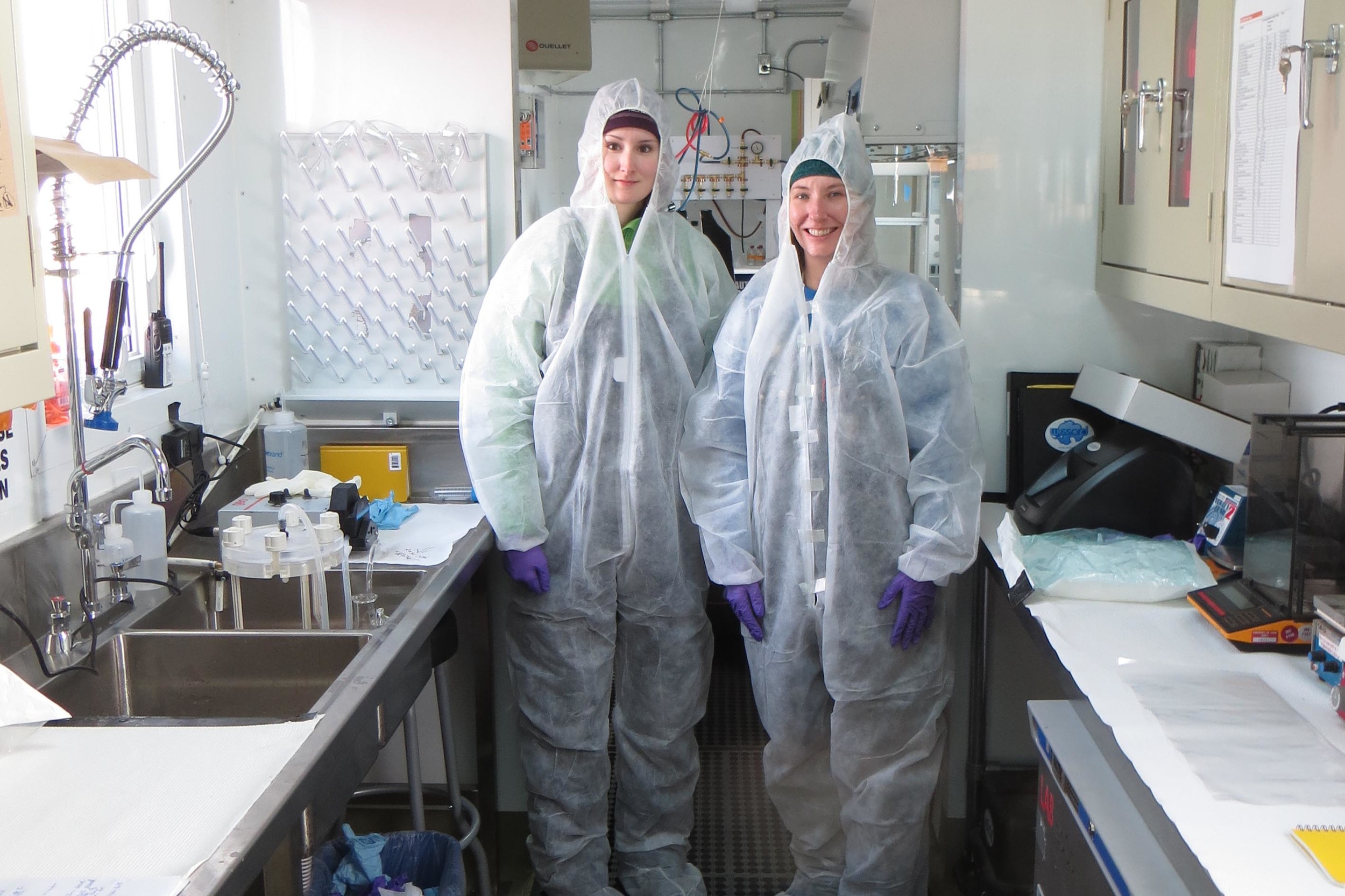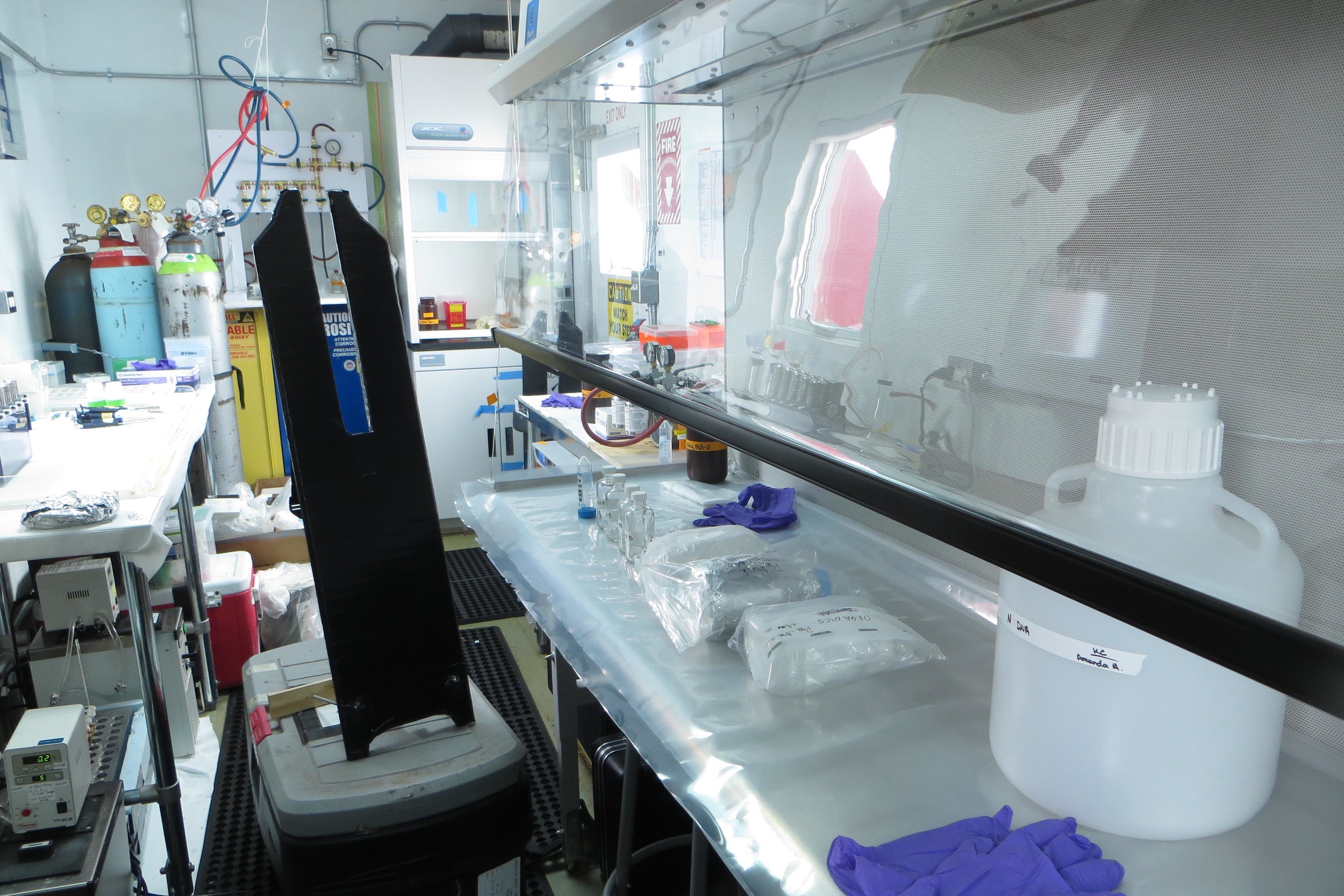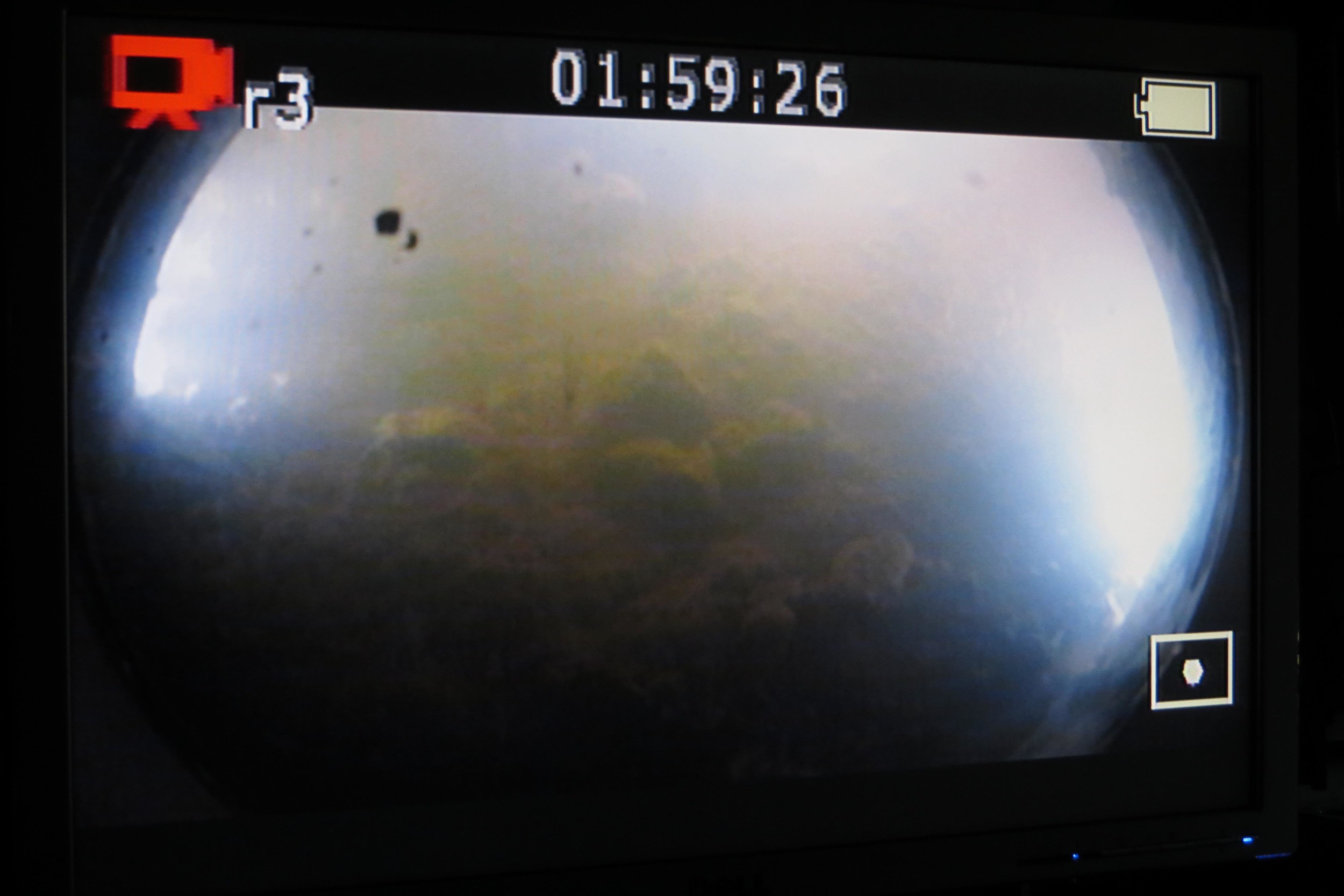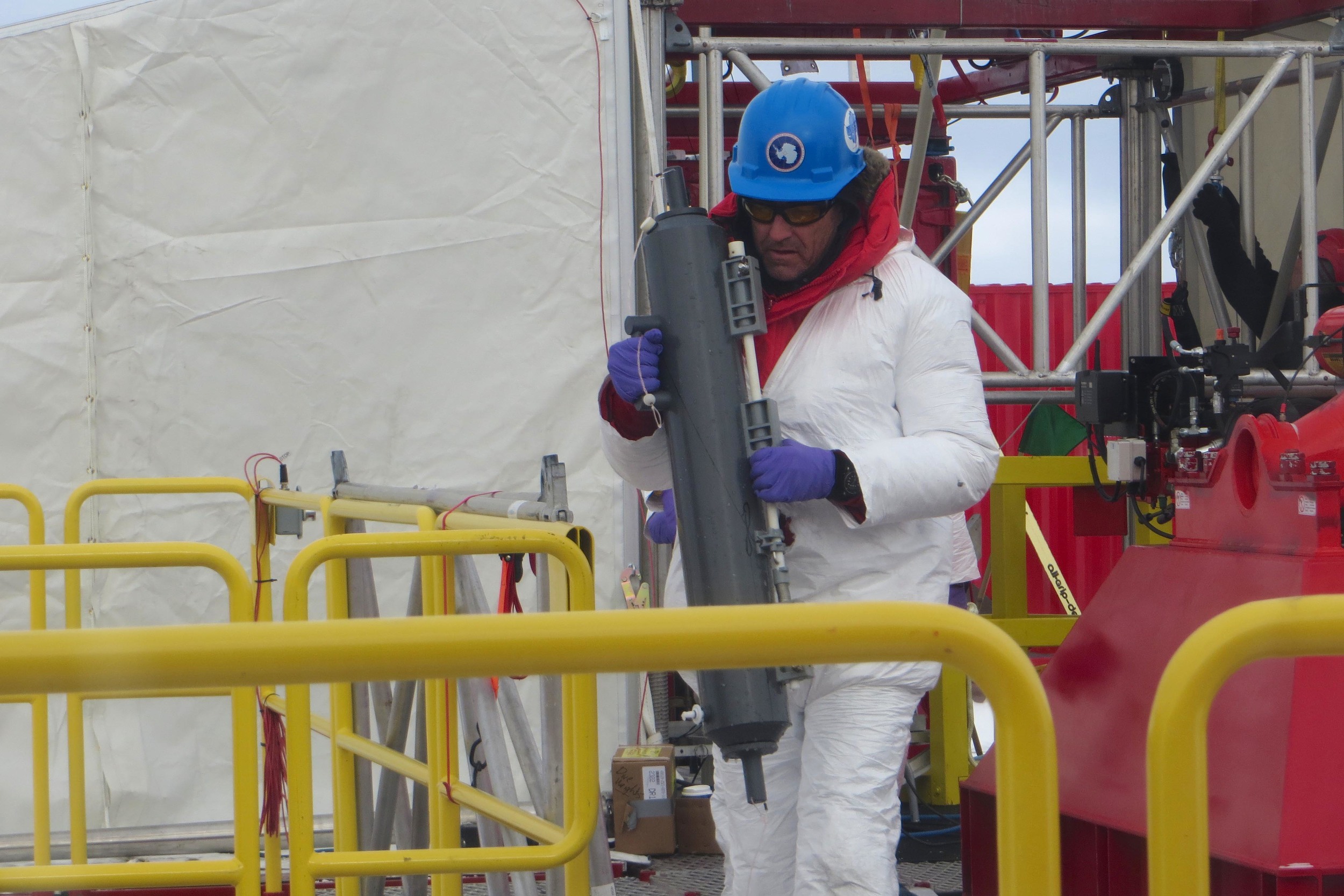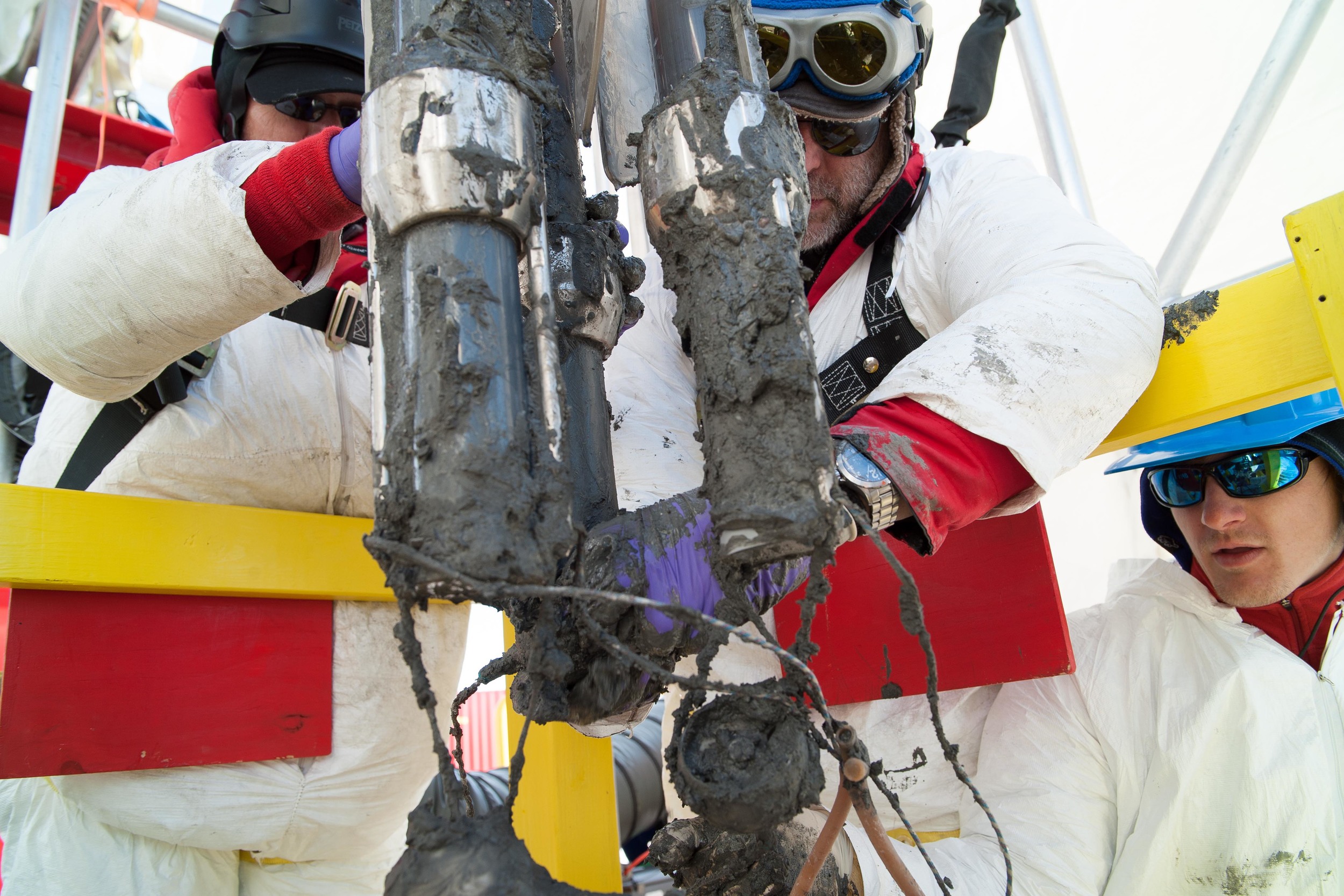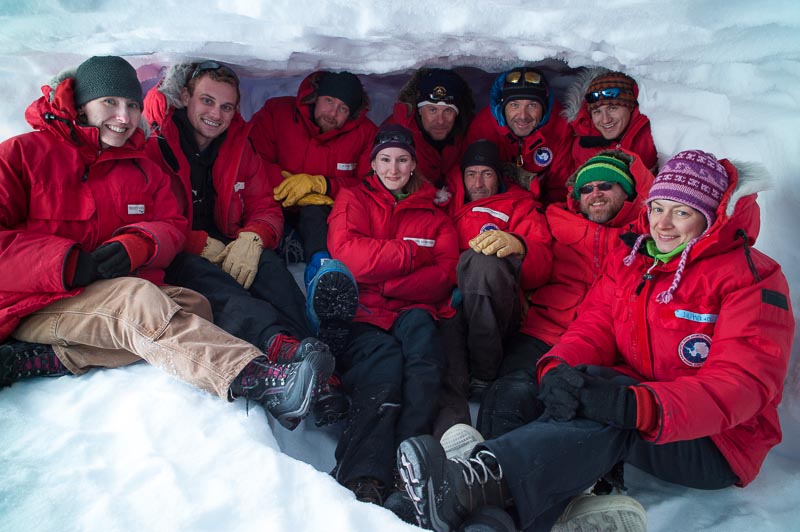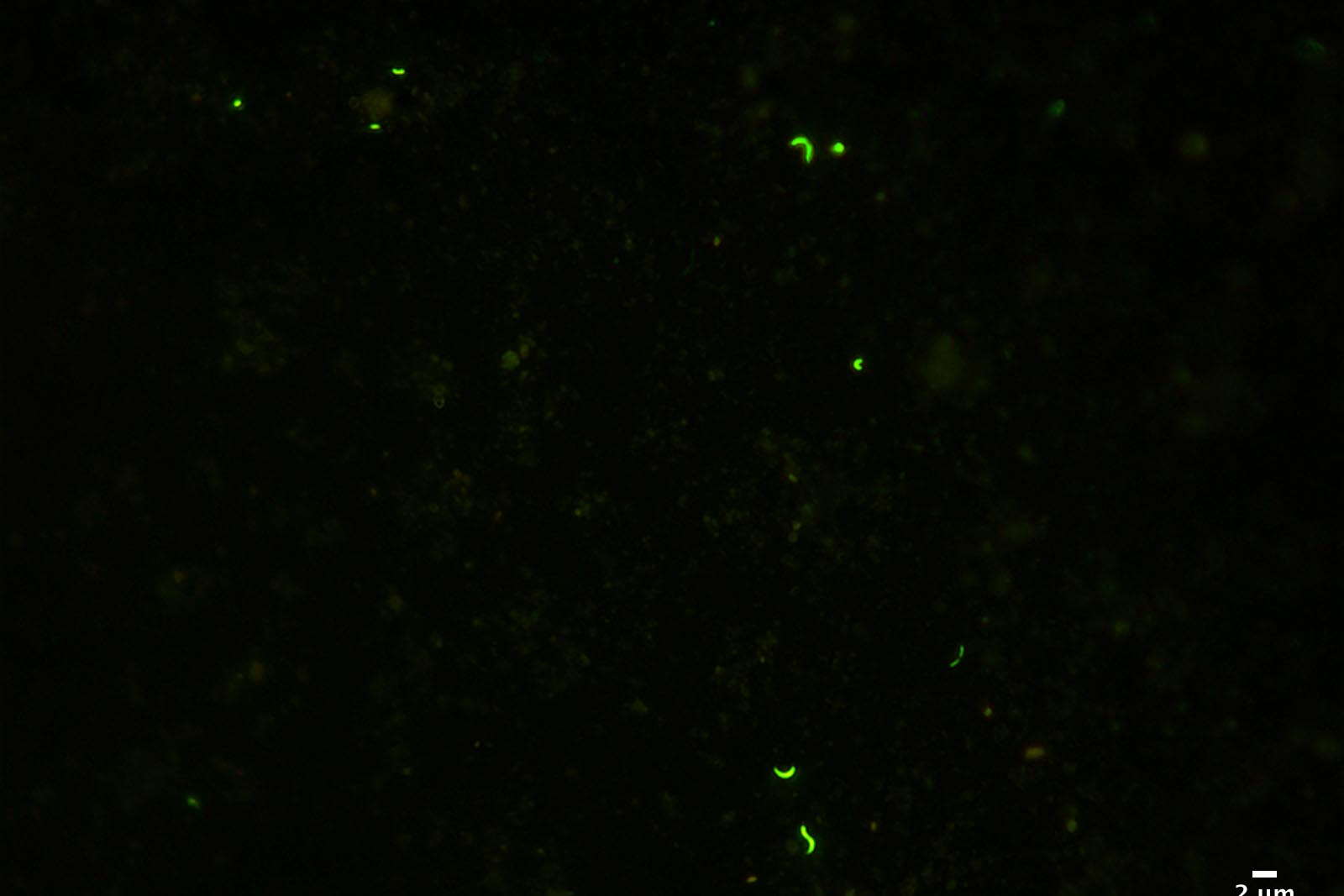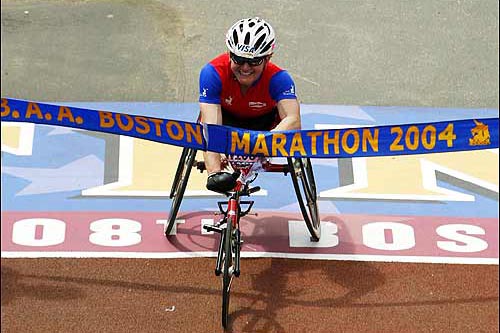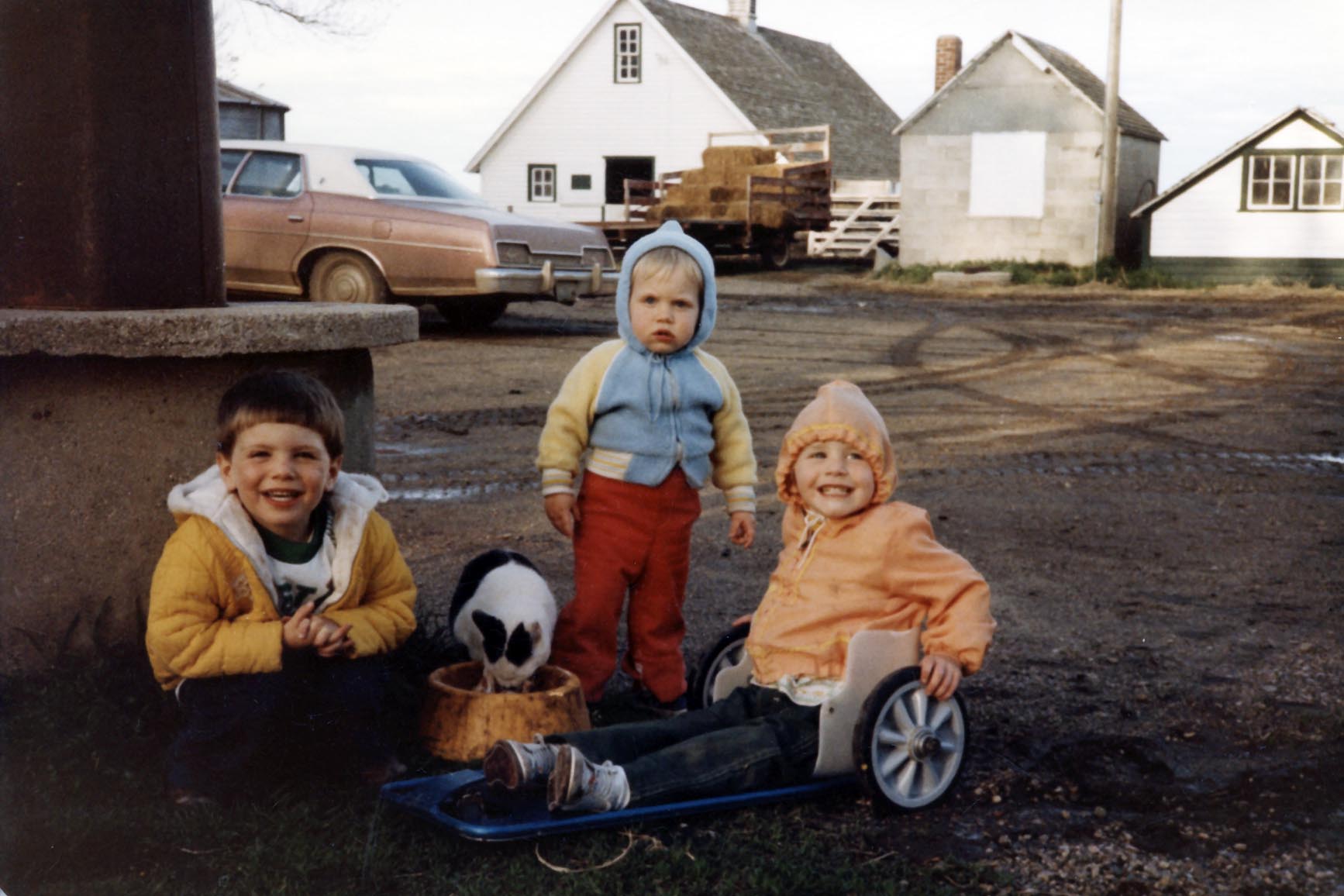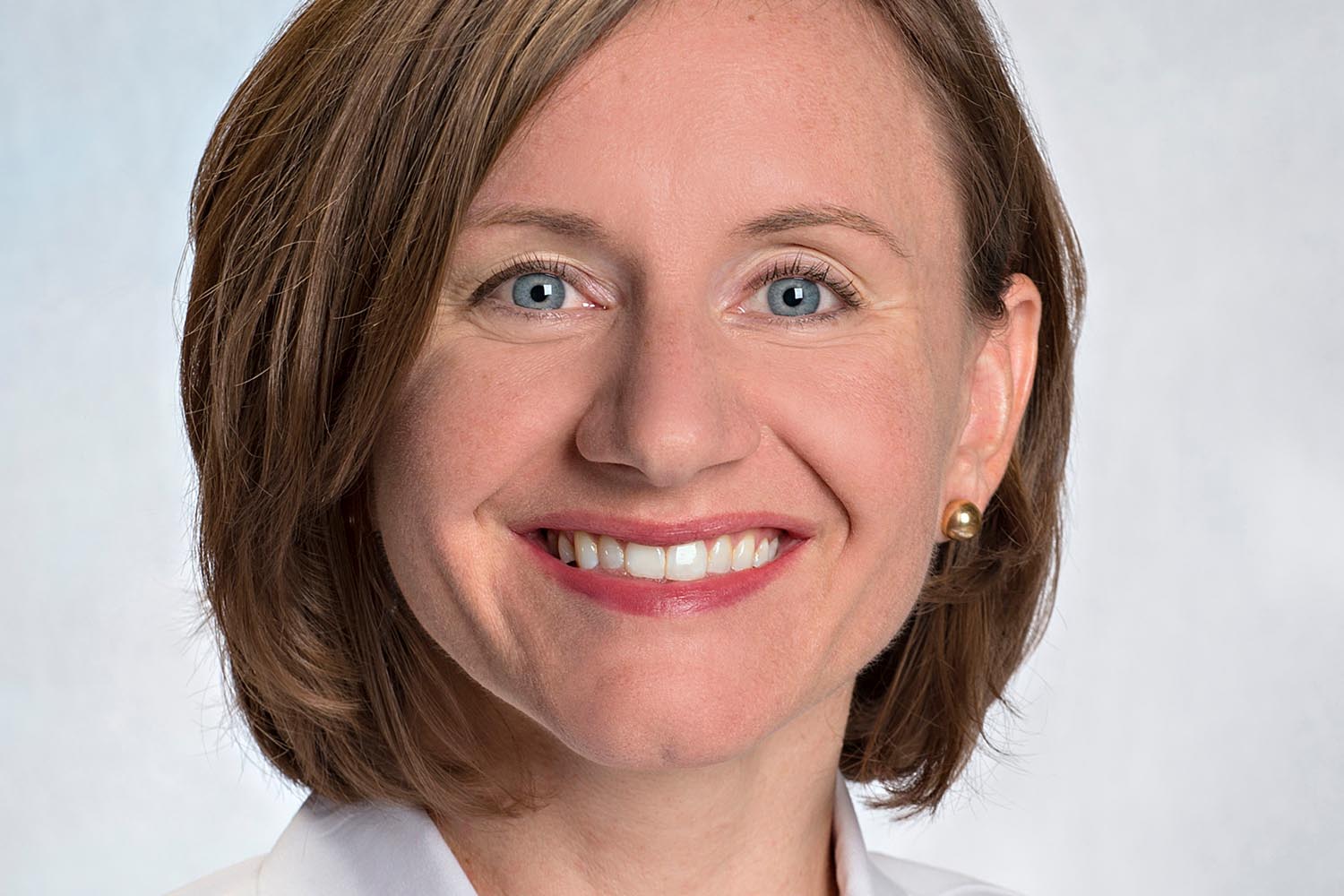Episode 6: A New Conservation
/Why humans might have to alter nature, in order to save it
What should conservation look like, in a world where people have affected every inch of the planet?
“The places that we think of as wilderness are highly managed, and the places that we think of as trash are really wild.”
Environmental writer Emma Marris, author of Rambunctious Garden: Saving Nature in a Post-Wild World, joins us to discuss a new approach to caring for the earth.
She argues that we shouldn't just focus on preserving "pristine" environments -- shouldn't try to freeze every landscape in time. Instead, she says, we need to expand our definition of wildness, and celebrate change.
Copyright Harley Soltes


